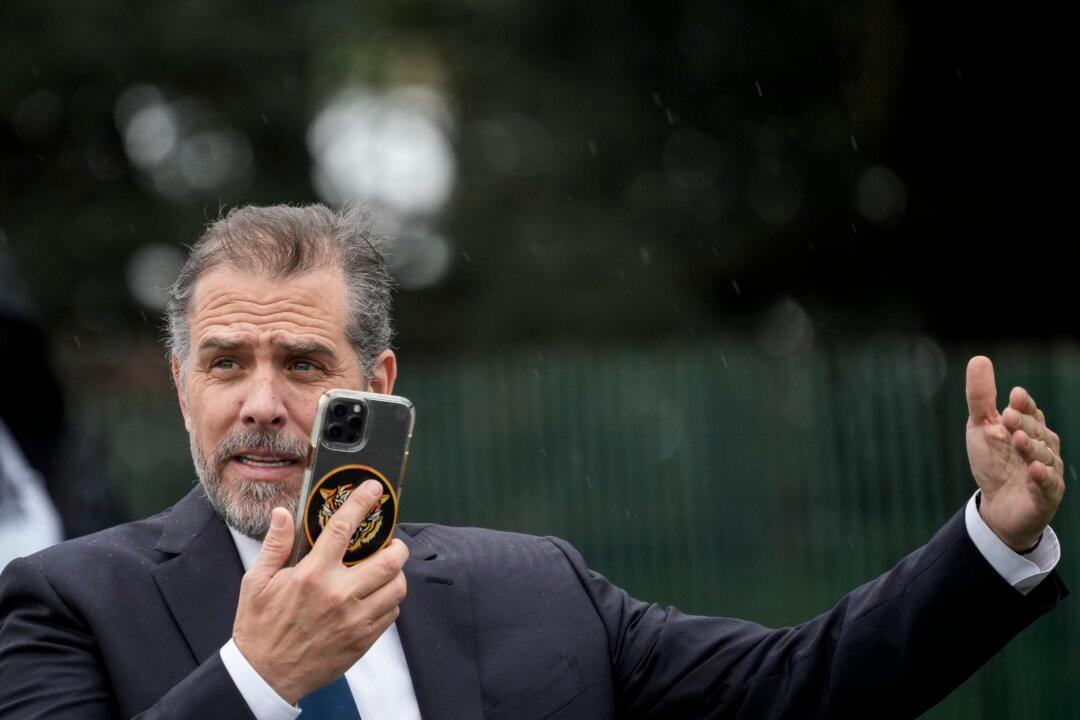Vijaya Gadde, Twitter’s former legal chief, told Congressional lawmakers that the extended lock on The New York Post’s account over the Hunter Biden’s laptop report was a mistake.
Gadde, who lost her job at Twitter after Elon Musk took over, told the House Oversight and Accountability Committee on Feb. 8 that she approved the decision to block the Post’s report about the contents of the Hunter Biden laptop but that the suspension should have been lifted sooner.





